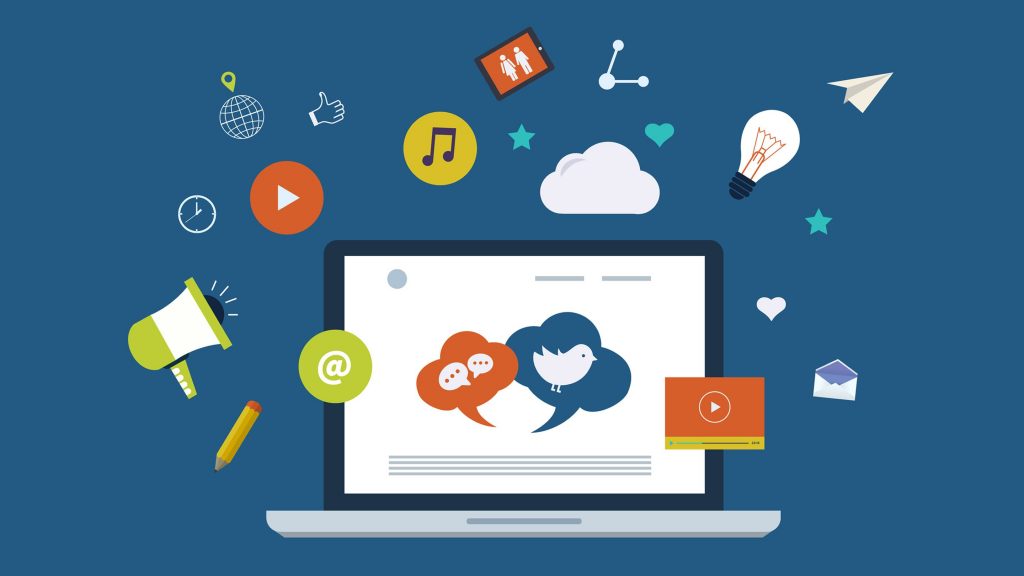DIGITAL RESPONSIBILITY GUIDELINES FOR STUDENTS AND FAMILIES

The Burnaby School District provides students with access to a variety of digital tools, which include technologies and information systems. These tools enhance learning and include: websites, programs to “chat” and message one another, discussion boards, video conferencing, email, secure virtual classrooms, and storage for your files.
Students – or in the case of younger children their parents or guardians – are asked to review and are expected to adhere to these guidelines.
Guidance about what to do and not to do
What to Do
- Do treat others fairly and with respect.
- Do use the devices owned by the Burnaby School District and the digital tools provided by the District for educational purposes.
- Do understand that you are responsible for your actions when using technology.
- Do keep your personal information private.
- Do respect the privacy of other students and adults.
- Do know there is never a 100% guarantee of privacy with any digital tool or platform, including: secure virtual classrooms, chats and messaging tools, discussion boards, video conferencing tools, email, file storage and public websites.
- Do report uncomfortable, unsafe, or inappropriate behaviour or messages to your teacher or principal.
- Do follow copyright laws.
- Do respect and acknowledge the ownership of others for their creative works.
What Not to Do
- Do not share your passwords.
- Do not use chat and messaging services provided by the District to connect with students and teachers outside of the online classroom environment.
- Do not falsify your identity or use someone else’s identity.
- Do not take pictures or videos of others and share them without their permission.
- Do not hurt or mistreat others by what you create or share.
- Do not harass, stalk, bully, threaten, insult, abuse, or attack others.
- Do not damage computer systems, networks, digital tools or content.
- Do not access secure information owned by others without their permission.
- Do not use information provided by others without their permission or use the work of others as your own.
- Do not use District or personally owned devices for commercial, illegal, or malicious purposes.
- Do not access and/or distribute pictures, video, audio or text containing inappropriate language or nudity.
- Do not meet with someone you met online without the consent of your parents or guardians.
GUIDELINES FOR VIRTUAL CLASSROOMS AND VIDEO CONFERENCING
Online classroom sessions include virtual classrooms, blogs, messaging, chats and video conferencing tools.
Etiquette
- Come prepared and be on time.
- Work in a room with no distractions. Turn off the TV, other computers, music or anything else that might distract you or your classmates.
- When you first enter the virtual meeting/classroom, please mute your mic and turn off your camera.
- If your teacher asks you to turn on your camera to participate in the discussion you may do so.
- Consider your background and any personal information you may be displaying like photographs or personal items.
- This is a school activity and you should be dressed appropriately.
Behaviour
- The same expectations present in the physical classroom are expected while video conferencing or participating in online classroom sessions.
- Questions and comments should be related to the class.
- Be a respectful listener while your teacher or another student is speaking.
- Do not be a distraction to others.
- Your teacher is the moderator and will guide participation in the activity.
Permission
- Do not use District online classroom sessions to initiate individual or group video conferences, chats or messages without yourteacher or permission from your parents or guardians.
- Do not record or capture any part of an online session. Your teacher may record a session or a lesson for future reference. Any recording will be done with student cameras off.
Finally … Be patient. Technology can be temperamental, so when glitches happen, take a breath and be understanding.